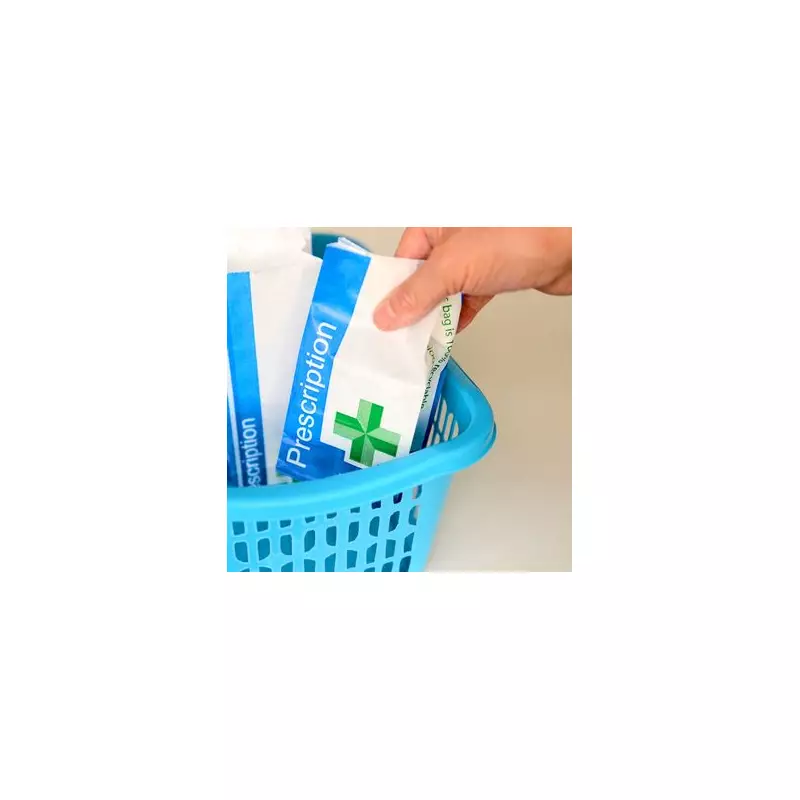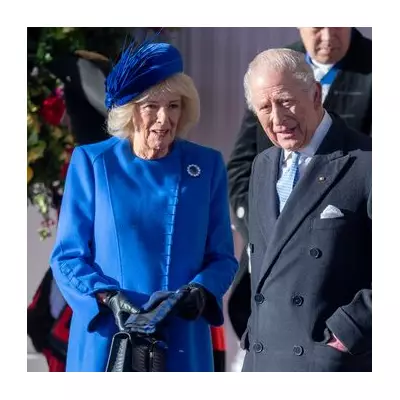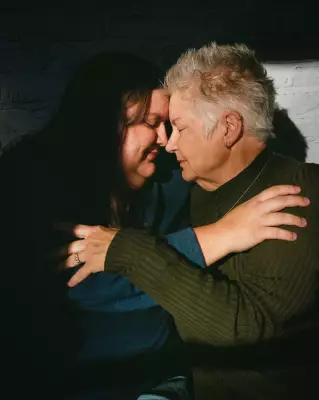
Millions of people across the UK could be entitled to free NHS prescriptions but may not realise they qualify. The NHS offers exemptions for certain medical conditions, ensuring those in need can access vital medications without cost.
Who Qualifies for Free Prescriptions?
While many assume free prescriptions are only for pensioners or those on benefits, several medical conditions automatically entitle patients to free medication. Here's what you need to know:
Automatic Eligibility Conditions
- Diabetes (where insulin is required)
- Epilepsy (requiring continuous anticonvulsive therapy)
- Cancer (including ongoing treatment effects)
- Permanent fistula (requiring continuous surgical dressing)
- Hypothyroidism (requiring thyroid hormone replacement)
- Hypoparathyroidism
- Hypoadrenalism (including Addison's disease)
- Myasthenia gravis
- Parkinson's disease
Other Ways to Qualify
Even if your condition isn't listed, you might still qualify through:
- Certain benefits (like Income Support or Universal Credit)
- NHS tax credit exemption certificates
- Being under 16 (or under 19 in full-time education)
- Pregnancy (for prescriptions related to pregnancy)
How to Claim Your Free Prescriptions
If you believe you qualify, simply complete an FP92A form available from your GP or pharmacist. For those with qualifying conditions, your doctor can help certify your eligibility.
Remember, prescription charges can add up quickly, especially for long-term conditions. Checking your eligibility could save you hundreds of pounds annually on essential medications.





